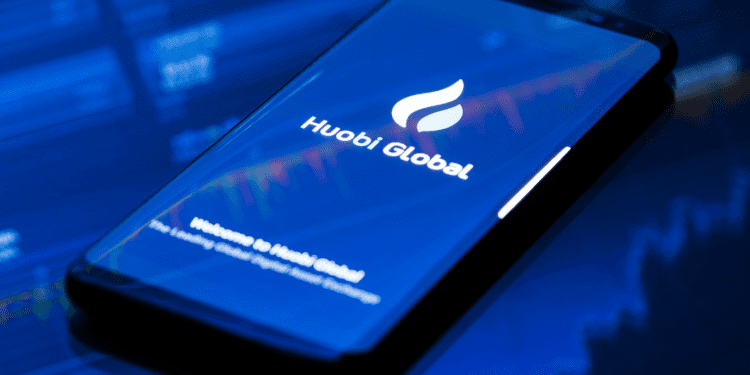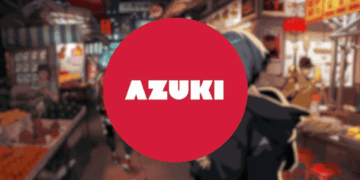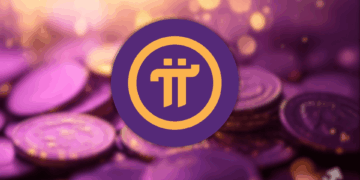Huobi Global announced it had stopped all trading of Monero (XMR), Dash, Decred (DCR), Firo, Verge (XVG), Zcash (ZEC), and Horizen (ZEN) since September 6. This was the first step toward the complete delisting of all seven privacy coins on September 19. This move is meant to bring Huobi in compliance with the laws and regulations of the countries they operate in. As well as to protect customer assets. Users have been instructed to withdraw their funds from the exchange promptly.
Of the privacy coins to be delisted, Monero is the most popular, with a market capitalization of nearly $3 billion. Privacy coins use various mechanisms to keep the public from being able to identify the sender and receiver of a transaction. Many crypto enthusiasts laud the anonymity preservation of these coins. At the same time, regulators criticize these coins for facilitating criminal activity.
Huobi’s policy change toward privacy coins comes shortly after the U.S. Treasury Department banned U.S. citizens from using Tornado Cash. This protocol transfers crypto between wallet addresses while masking the source. Centralized exchanges like Huobi are playing it safe amidst uncertain policy direction towards privacy coins.
No specific country regulation was cited in the delisting announcement. Instead, Huobi pointed to their own management rules, Article 17(16). Which states, “Huobi Global has the right, in light of the seriousness of the relevant circumstances, to conceal or suspend token trading in the following circumstances.” Clause 16 points directly at privacy coins as a reason for activating Article 17.
This move comes when Huobi seeks to expand its services to additional jurisdictions, namely the United States. Expansion is critical to Huobi’s continued success as it faced a significant loss in revenue after China’s most recent ban on crypto trading. This change reportedly created a 30% drop in Huobi’s revenue.
This is not the first time Huobi has been tangled in local compliance issues. Regulators in Malaysia, Thailand, and Singapore all revoked Huobi’s license to do business due to their inability to meet regional compliance standards. Since then, Huobi has worked to secure permissions to do business in New Zealand and the United Arab Emirates.
Conclusion
It is no surprise that Huobi is taking proactive steps to position itself ahead of future regulations on privacy coins, especially since Huobi has reportedly received its Money Services Business (MSB) license from the United States Financial Crimes Enforcement Network (FinCEN) in July.
The MSB ensures that FinCEN’s crime assessments are appropriately carried out. A critical step in providing crypto exchange services to U.S. customers. Huobi still needs to obtain a money transmitter license. Then users in the United States will legally have access to the Huobi exchange.















